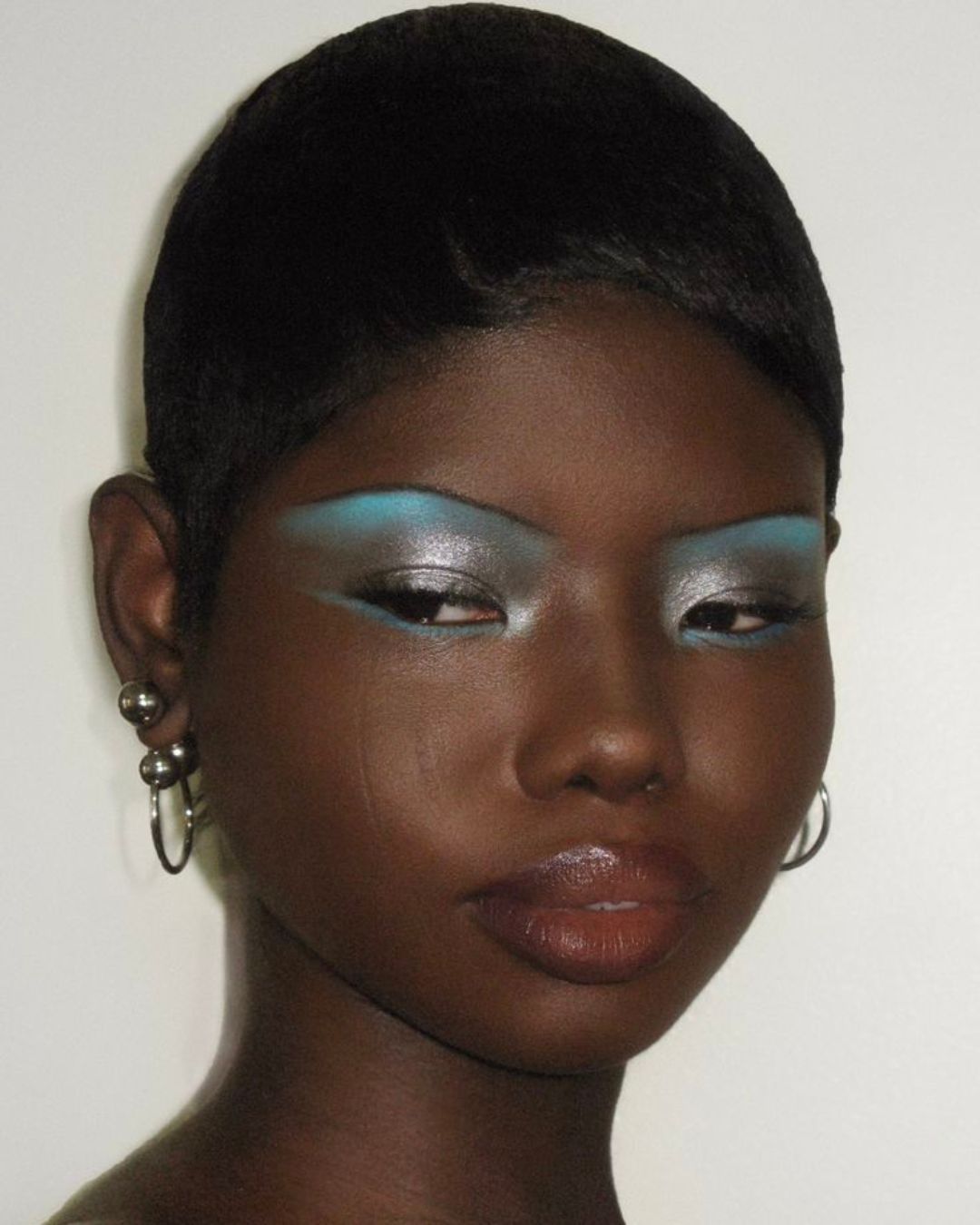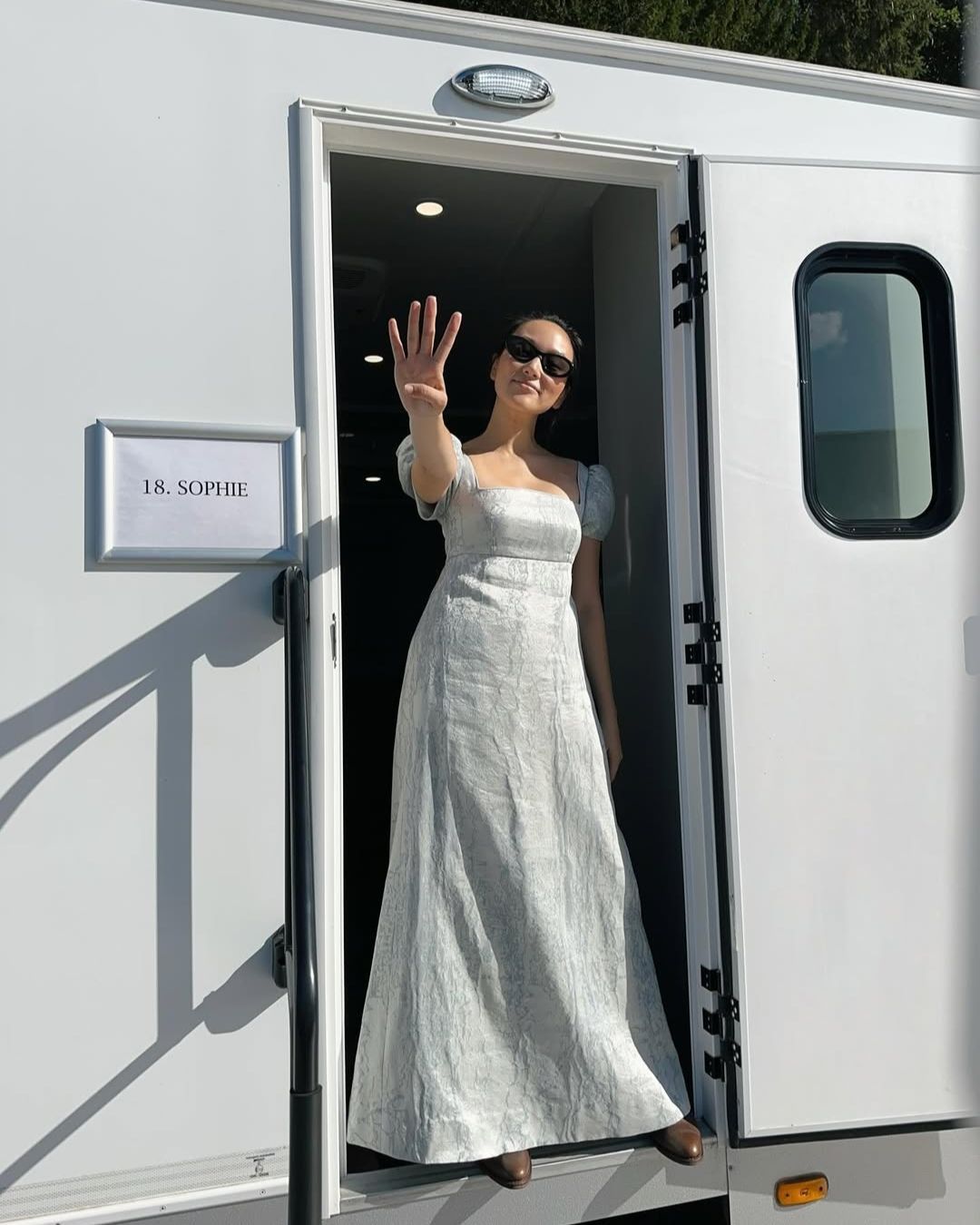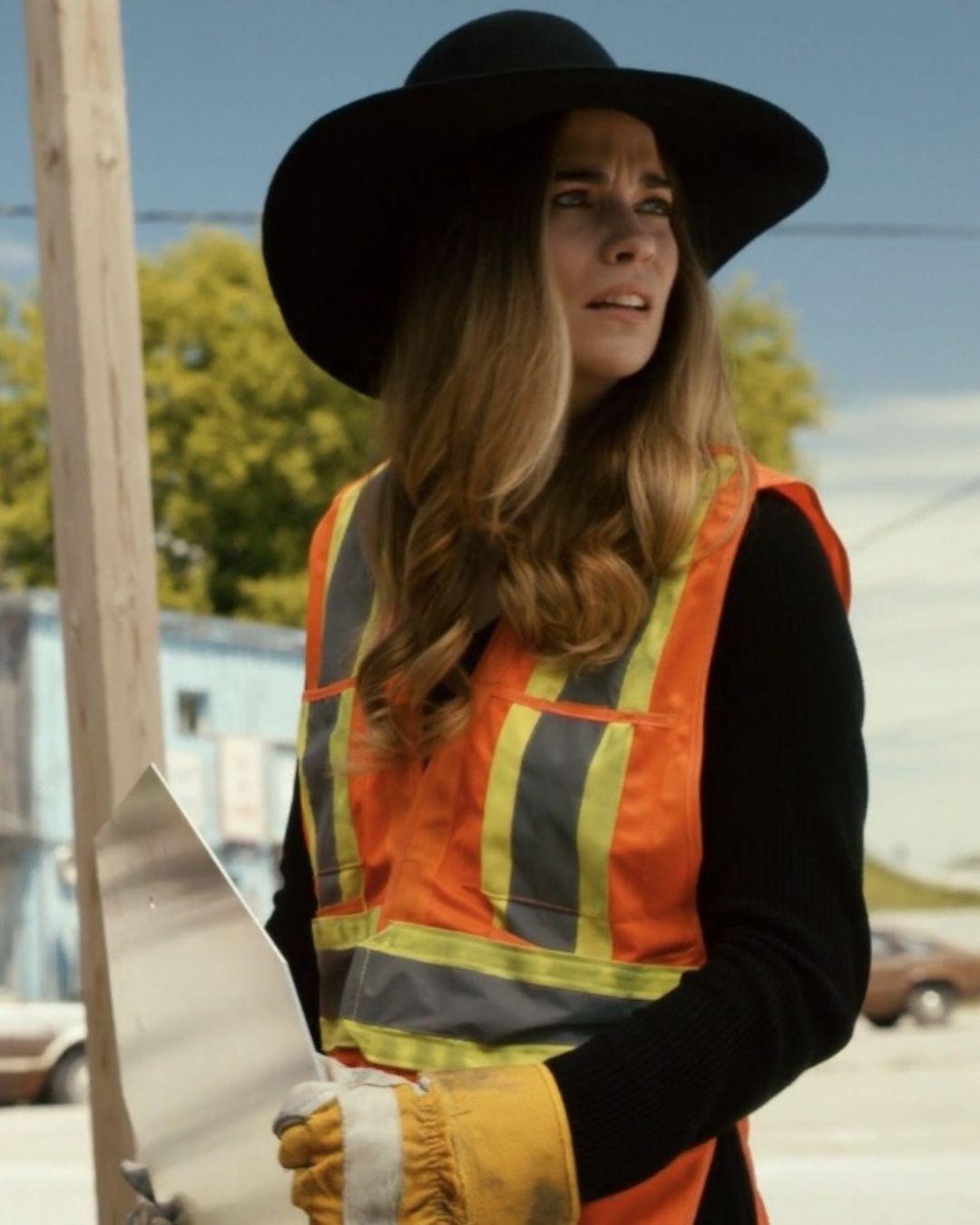
In defense of spoilers: the pleasure of knowing Why finding out what will happen in a movie or TV series doesn't ruin our viewer experience
The world is divided into two main groups: those who want to know, and those who enjoy ignorance, preferring to be surprised by what happens. Which side are you on? I belong to the camp of the curious. The impatient ones, the compulsive clickers of plots on Wikipedia, the obsessed with "spoiler explained" before the episode even ends. I'm the one who reads the last sentence of a book while still on page two. The one who searches Google for "do they die or not?" because I can’t wait for the script to reveal it. I want to know what will happen—whether Hub Halloran will outsmart the devil, or when everyone will finally realize that Lady Whistledown is really Penelope Featherington. I don’t do it to ruin the surprise, but because I want to know where I’m going. Because I like entering a story with the map already drawn. It’s not boredom—it’s the desire for conscious immersion. For me, a spoiler isn’t a distraction. It’s an anchor. A beacon. A guide to help me enjoy everything else more deeply. And I’m not ashamed of that. In an age where the spoiler alert has become a sacred totem, we approach every new release like a minefield of social media, clickbait headlines, and traitorous voice messages. “Don’t tell me! I don’t want to know anything!” is the new social courtesy. But are we sure that a spoiler really is the ultimate evil of the narrative experience?
@imnotmashaal any media I consume honestly… #film #filmtok #foryou #movie #movierecommendation #cinema #letterboxd #fyp #fypシ゚ #book #spoiler #media #tvshow #series original sound - bee
Spoiler: Ruin or revelation?
In 2011, a group of researchers from the University of California published a study that overturned everything we thought we knew about spoilers. They discovered that knowing the ending of a story doesn’t reduce the pleasure of reading—it increases it. People who received a spoiler before reading a story reported a more satisfying reading experience: richer, deeper, more fulfilling. Why? One reason is a concept in psychology known as processing fluency. In essence: when we already know what’s going to happen, our brains work less to decode the narrative and more to enjoy it. It’s like watching a movie for the second time: the plot twists no longer shock you, but suddenly you notice the details: the silences, the facial expressions, the hidden lines. There’s less anxiety and more awareness. Less rush, more presence. The surprise effect is replaced by a sense of contemplation. A spoiler isn’t the enemy of narrative, it’s an enhancer. It’s like moving from a disoriented tourist to an experienced traveler: when you know where you're going, you enjoy the journey more. Think about it: we already know the endings of most great classics before we even start. No one expects a twist when rereading Pride and Prejudice or getting lost in The Great Gatsby. And yet we love them, maybe even more. Because we know where we're going, and that’s what allows us to surrender to the beauty of the journey.
@thek8lyn im looking at aot, 2521, and every ancient fantasy cdrama ive ever watched #cdrama #kdrama #aot original sound - 685punjabininjaturtle
The anxiety of uncertainty
For some, the unknown isn’t exciting, it’s unnerving. It gnaws at you. It unsettles. It happens to me often: I fall in love with a series and binge it, but then I hit a critical point (a cliffhanger, a character on the edge) and I need to know. I can’t wait for the next episode, let alone the next season. I can’t live in limbo. Finding out whether Joe Goldberg finds yet another escape or ends up in prison before the screen tells me is an almost visceral need. Knowing what happens lifts the weight of anxiety and lets me truly enjoy the story. It lets me analyze the characters, notice the details, predict the motives. It’s an active experience, almost participatory, but it’s also a form of emotional self-regulation. If I find out that Marissa Cooper in The O.C. will die in a tragic car crash, I can prepare my tissues and detach a bit. If I know that John Wick will eventually avenge his puppy’s murder, I can relax. The spoiler removes the tension: it makes it manageable. Because to know is a relief. Like checking under the bed for monsters: it doesn’t kill the magic, it kills the fear. And that leads to better dreams.
@ameenhalee i finished this book but i love spoilers #booktok original sound - s
But don’t we lose the surprise?
Yes. So what? Are we sure that surprise is that important? Or rather: are we sure it’s the only emotion worth experiencing? We live in an era obsessed with plot twists. Every series must have a twist, every film an ending “you won’t believe.” It’s like we’re under constant pressure to be shocked. But shock alone isn’t enough. Awe is a fragile emotion, it lasts a second, then vanishes. Depth, on the other hand, stays. And spoilers can paradoxically nurture it. When we know what will happen, we focus on how it happens. On the journey, not just the destination. It’s like rewatching Fight Club after discovering the ending: you don’t lose interest, you multiply it. Everything retroactively gains meaning. The narrative deepens. A spoiler isn’t a thief of emotion, it’s a trigger for multiple readings. It’s a bridge between surprise and reflection. Between quick consumption and lasting understanding.
@kindofkaren ii j gotta know bro #wikihow #spoiler #netflix original sound - athena
The spoiler as a form of control
There’s another layer that’s rarely said out loud: spoiling something is also a form of control. In a world slipping away through algorithms, breaking news, existential crises, and real-time updates, knowing what happens in a fictional world becomes a micro act of rebellion against the chaos. Checking the plot of a series before watching isn’t shallow, it’s self-defense. It means taking care of your time, your emotions, your limits. Some might say: “Then what’s the point of watching if you already know the ending?” The point is exactly that: to watch not to know, but to understand, to feel. Knowing the ending doesn’t shut down the narrative, it just changes the direction. It’s an emotional and cognitive filter. Like checking the menu before entering a restaurant: it doesn’t ruin the meal: it makes it better, more suited to us.
@cassiesbooktok The damage has been done #booktok #trending #netflix #tvshow #bookish #foryou original sound - funnyvideos69
That thirst to know: is it just curiosity?
Yes, but not only. People who read spoilers aren’t passive: they’re active, strategic, interpretive. They want to build, not just receive. They ask early on why something happens, what the consequences will be, how the pieces fit together. In fact, reading a spoiler is a bit like reading the review before the movie, or listening to the interpretation before the symphony. It doesn’t take anything away. It prepares us. It’s the difference between a naive reading and a conscious reading. Between experiencing the narrative as entertainment and living it as an experience.
@1mckennaadare Spoilers either make my day or break it #spoilers sonido original - Carly Mata
In defense of spoilers, then
Spoiling something isn’t always a crime. And reading spoilers isn’t a sin to hide. It’s a legitimate, and much more widespread, way to experience entertainment. We should stop being ashamed, stop offering excuses like “it was an accident” or “I read it by mistake.” No: we searched for it. Wanted it. Read it with hunger. And it didn’t take anything away. On the contrary: it gave us more. So next time someone yells, “Spoiler!” don’t be afraid. Smile. And respond proudly: “I already know. And I’m going to watch it anyway. Actually better.”
P.S. That said, fellow spoiler lovers: knowing who Keyser Söze is or how The Handmaid’s Tale ends doesn’t give us the right to ruin it for others. At least not if we still want to have friends.























































